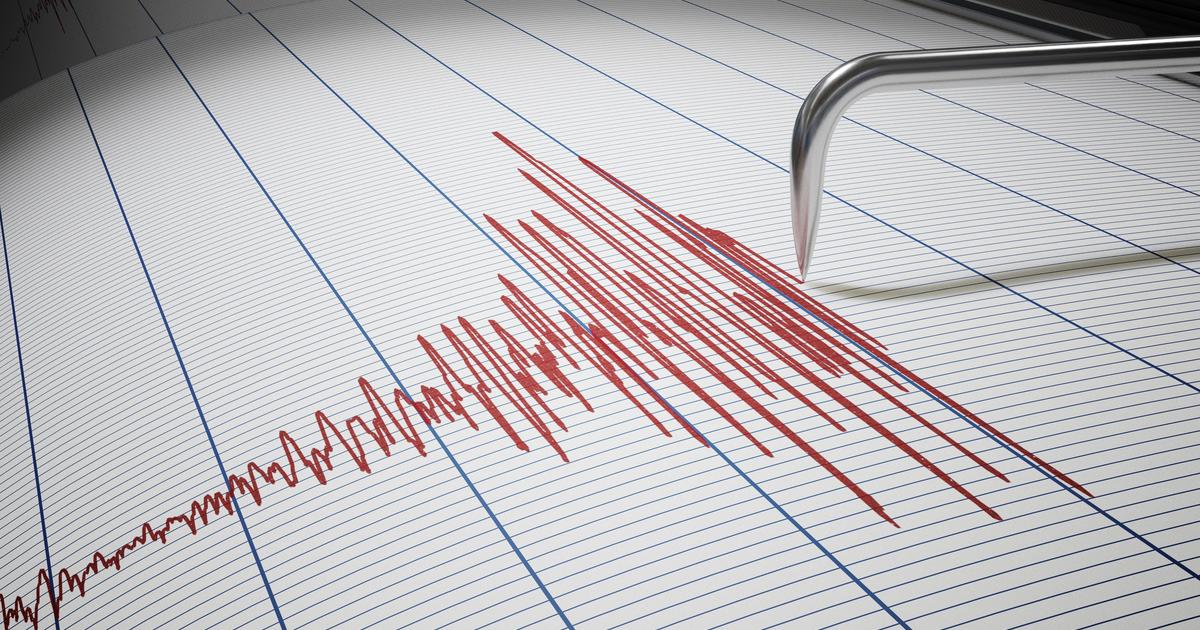Report: Barnett Shale Accounts For 40 Percent Of Economic Growth In Past 10 Years
FORT WORTH (CBSDFW.COM) – Natural gas companies have only been drilling the Barnett Shale for a decade, but the amount of economic activity it generates annually has already sailed past what aircraft manufacturing and transportation brings to the region, the Fort Worth City Council was told Tuesday.
Since 2001, natural gas drilling in the Barnett Shale has pumped $65.4 billion into the region's economy and currently sustains 100,268 jobs throughout a 24-county area, economist Ray Perryman told the council.
Of that estimated $65.4 billion generated in the region since 2001, $5.8 billion went to local taxes, Perryman said.
A report written and researched by the economist's Waco-based firm The Perryman Group – aptly titled "A Decade of Drilling" – was presented to the council at the behest of the city's chamber of commerce during Tuesday morning's meeting.
The economic impact it illustrates is so substantial that it stunned members of the city council: Perryman said natural gas drilling accounted for nearly 40 percent of the region's economic growth over the past decade.
It also generates five percent more than aircraft manufacturing and 10 percent more than air transportation, two long-standing stalwarts of economic growth throughout the area, the report says.
"It started out as a nine county region, and it's now a 25 county region," Perryman said. "The more exploration they did, they just discovered how big this field really was."
Perryman told KRLD after the meeting that job growth from drilling peaked in 2008, when the natural gas industry was supporting about 120,000 positions. It continues to generate about 65,000 jobs each year, he added, and area employment is about 8.7 percent higher than it would have been because of the drilling.
"We're well above that now and I think we'll be above it for a long time," he said.
But all that growth comes with a price. Some residents in counties that give the OK to hydraulic fracturing have expressed concern as drilling rigs appear closer to their homes and schools.
In July, the city of Fort Worth issued its twice-delayed report on emissions at gas drilling sites. Findings showed three of the city's eight compressor stations – which act as pumping stations, of sorts – exceeded permitted emission levels.
Some sites were found to be emitting benzene and other toxic pollutants into the air. The findings were alarming, city officials said, but did not pose a significant health threat to residents.
"When you know the facts, you can do something about solutions, and that's where we are," Councilman Jungus Jordan told CBS 11 in July. "We can solve this one, Fort Worth always does. The region always does. DFW always does. We'll find a solution."
Just days after the Fort Worth study, Gov. Rick Perry signed a bill into law that requires natural gas drillers to disclose what chemicals they pump into the ground to fracture the rock and reach the gas deposits.
It was the first law like it in the U.S., and added 20 additional air monitors in counties that sit on the Barnett Shale.
These measures, combined with the relatively immediate economic boost since drilling began in 2001, has Perryman predicting that gas production in the region will only accelerate into the future.
"We're going to need all of the gas that's under the ground here," he said. "We're going to have a huge demand for energy worldwide."
Gas drilling currently exists in 24 North Texas counties, although a 25th has secured the proper permits to begin. The Fort Worth City Council will hold a public hearing on Oct. 18 to receive input on a proposal for tighter drilling restrictions near neighborhoods.



